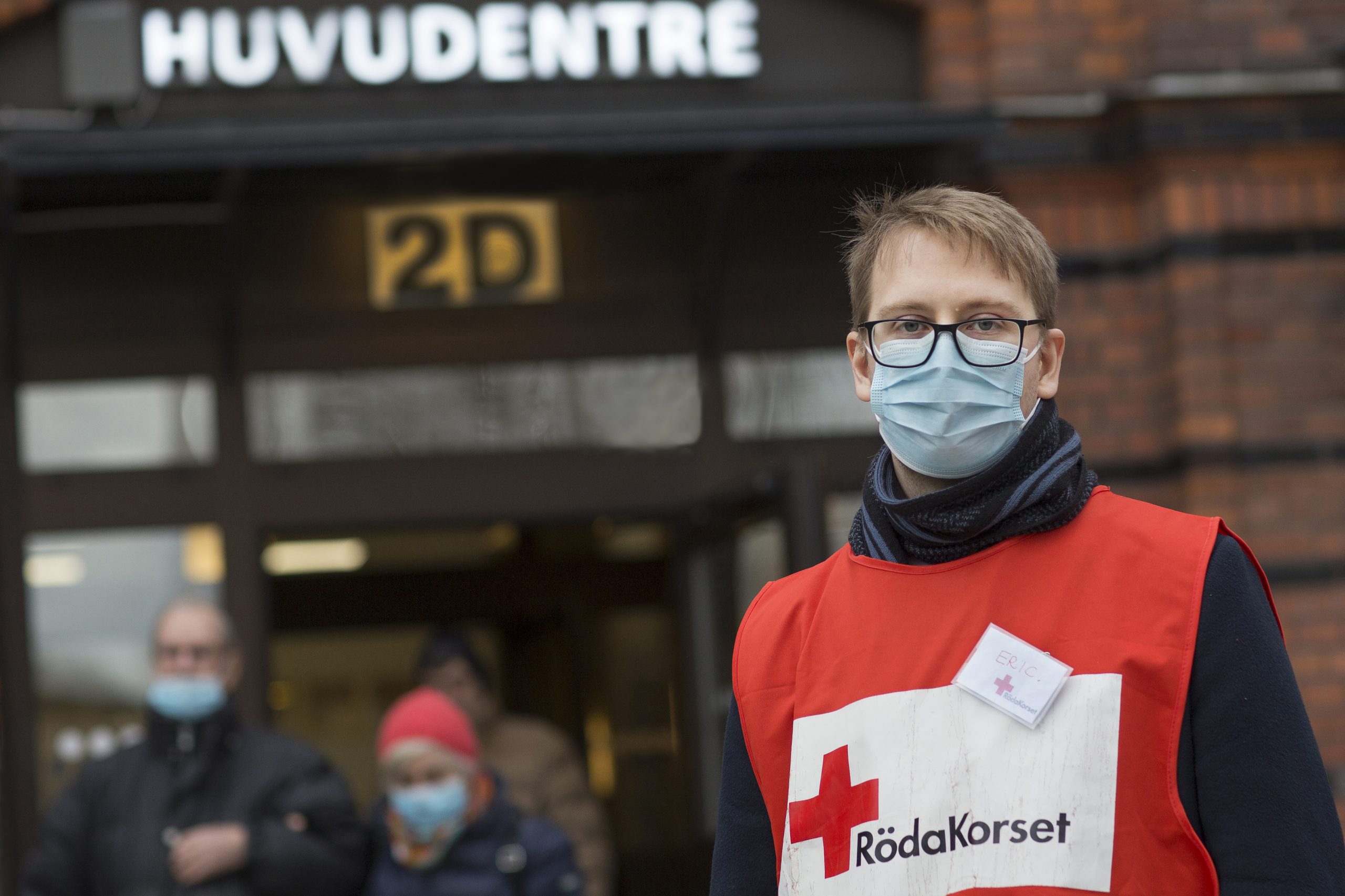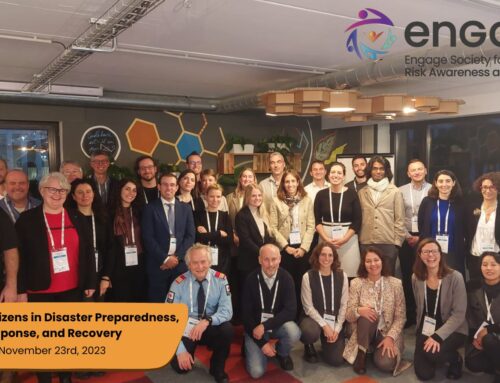Over the past year, the work mitigating the effects of the Covid-19 pandemic and safekeeping of citizens heavily depended on successful vaccination campaigns. However, organising a massive vaccination regime requires all parts of the health care management and the community.
Community participation in dealing with crises can take many forms, one of which is volunteering through organisations or spontaneously. For example, in the county of Östergötland, where ENGAGE partner and end-user KMC (The Center for Disaster Medicine and Traumatology) is responsible for regional operative disaster preparedness, the need for volunteers to help for phase 4 of vaccinations was identified by regional medical command and control in late January 2021. Phase 4 in Sweden entailed vaccinating the 18-59 years of age group, with no risk factors but prioritising older before younger persons. What makes a successful involvement of volunteers in such a large organisation of a medical effort?
Six volunteer organisations participated in the operation, such as voluntary defense organisations, local chapters of the Swedish Red Cross and one sports club. Teams were formed, consisting of representatives from the volunteer organisations, the regional medical command and control, and the county administrative board, where weekly meetings took place to get everybody on the same page. The county administrative board oversaw specifying the tasks for the volunteers, making sure legal and insurance matters were taken care of and was in charge of providing the health care region a set number of helping hands.
The assignment for the volunteers was formed as follows:
They were to act as stewards outside of the three major vaccination venues, aiding in cue organisation and answering simpler questions, and identify and notify vaccination personnel if situations that needed attention occurred. The participation of volunteers was evaluated with a survey study and a debriefing workshop at the end of 2021.
From the evaluation, the following could be concluded:
- Coordination is key to achieving a rapid response and inclusion of volunteers
- Volunteers should be local, avoiding traveling
- Distinct assignment descriptions are important for clarity to volunteers
- The county should have contingency plans in place for including volunteers in different types of crises
Maybe most notable of all, the community’s will to help in a crisis was evident; after five months of involving volunteers help, only 2.5 % of the volunteer shifts were unmanned. Coordination on a regional level was a success factor for facilitating volunteer inclusion in the great task of providing vaccinations to a population, a task still ongoing.
Author: Susanna Lönnqvist, KMC
Photo credits: Donald Boström, The Swedish Red Cross





